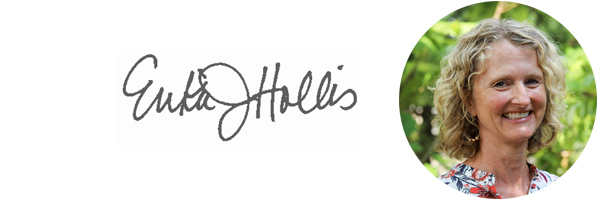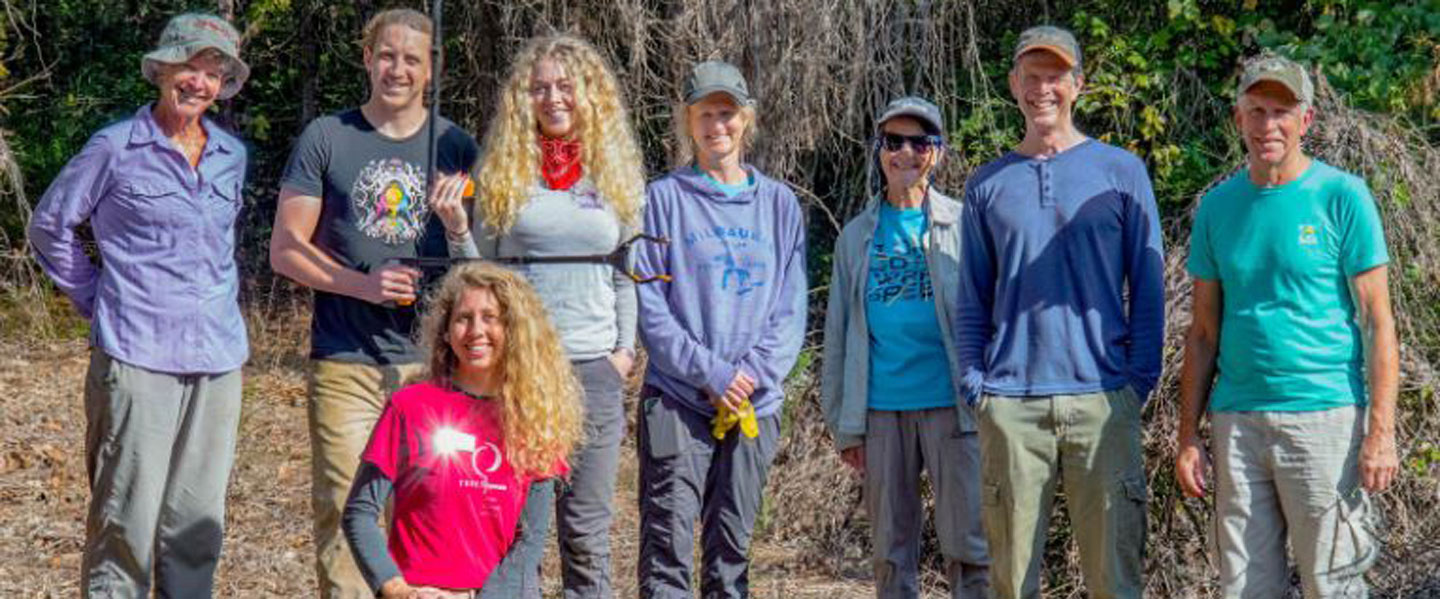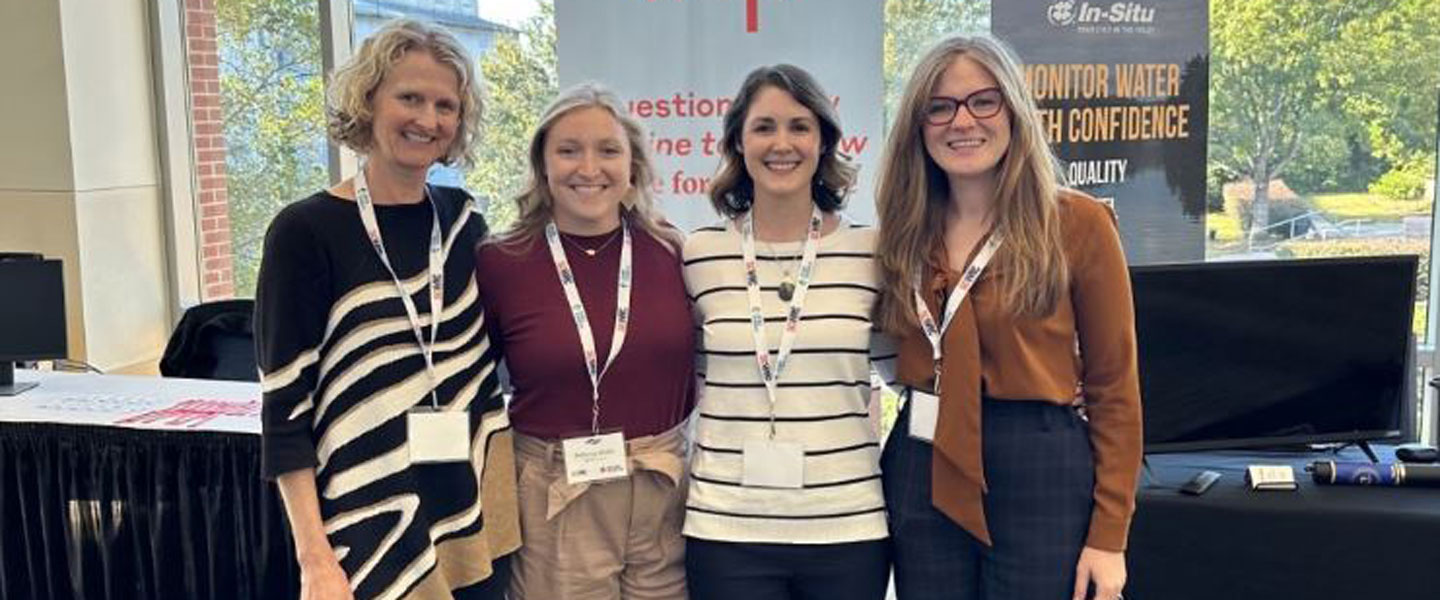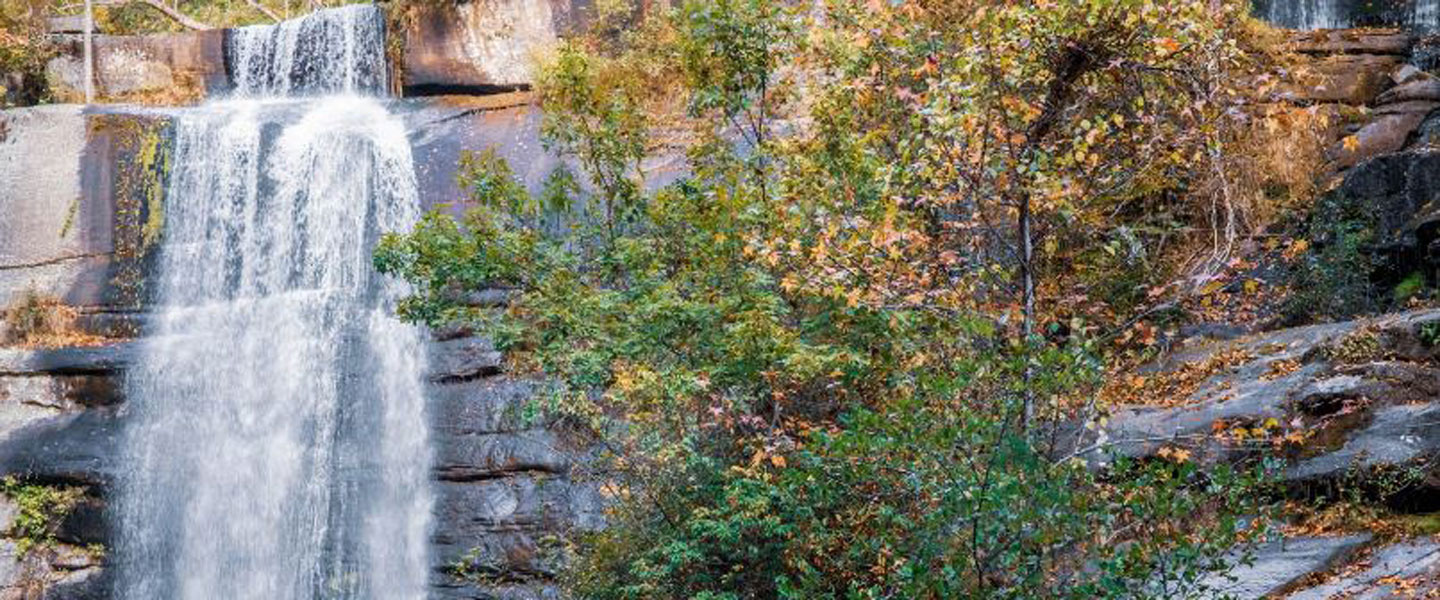The Water Log: October 2022
October 30th, 2022
By Erika Hollis
The Water Log: October 2022
The Clean Water Program at Upstate Forever is excited to celebrate the 50th anniversary of the Clean Water Act. In previous Water Logs, we have discussed the history, importance, and modern applications of this foundational piece of legislation. In this Water Log, we want to highlight some of the progress made since the CWA was passed and areas to support regarding the safety and reliability of our nation’s waters.
October has been a whirlwind full of conferences, volunteer activities, and planning for upcoming events. We hope you enjoy seeing what we have been doing and look forward to connecting with you in the coming months. Keep reading to see updates from our team.
Sincerely,

Erika Hollis
Clean Water Director
Upstate Forever
Clean Water Act Recap
The Clean Water Act (CWA) was signed into law by the Environmental Protection Agency (EPA) on October 18th, 1972, and is the primary federal law governing water pollution. The CWA’s main objectives are to restore and maintain the chemical, physical, and biotic components of water across the nation. Using the CWA, the EPA has implemented pollution control initiatives, such as setting standards for wastewater and industry and developing national water quality standards regarding pollutants in surface waters.
The CWA requires states to send in updated, periodic reports on the condition of their state’s rivers, streams, lakes, and estuaries to the EPA. According to the most recent submissions, over half of the nation’s river and stream miles and lake acres are so polluted that they are classified as “impaired” — meaning these waters have enough pollution to not meet standards for swimming and recreation, aquatic life, fish consumption, or as drinking water resources.
The fact that so many of our nation’s freshwaters are classified as “impaired” can be attributed to several things. While the EPA requires polluting industries and sewage treatment plants to get permits to limit what they release, the agency is behind on strengthening requirements to reflect pollution control technology improvements. For example, two-thirds of the requirements have not been updated in more than 30 years. Secondly, a key consideration was not addressed in the Clean Water Act.
What was left out?
The Clean Water Act’s emission limits and permitting requirements apply to waste released into waters through point sources, pipes or ditches from identifiable sources like factories or wastewater treatment plants. This act doesn’t regulate runoff from indirect pollutant sources, otherwise known as nonpoint sources – like fertilizers and pesticides from farm fields and lawns or oil and toxic chemicals from city streets and parking lots – that flow directly into waterways during rain events. This runoff pollution is now the leading cause of water impairments in the U.S.
The Clean Water Program at UF works to help mitigate nonpoint source pollution like this through education and outreach along with Section 319(h) grants, but there is still more work to do. For a recap on our 319 programs, click here.
What we have been up to:
Invasive Species Removal at Cleveland Park Stables
On Wednesday October 5th, Rebecca Wade assisted Friends of the Reedy River and the Veritas School to remove invasive species at the rain gardens in Cleavland Park Stables. The group was able to clear out over half of the largest bed and did a great job of identifying the desirable versus non-desirable vegetation. In total, the Veritas School brought 14 students and two teachers. This was a great opportunity to educate and engage young members of our community and conduct necessary maintenance of this project area. To learn more about invasive plant species and how their removal enhances riparian buffers and water quality, check out this resource.
Volunteer Work Day: Chau Ram Expansion
Erika Hollis joined the Land Stewardship team on October 8th for a volunteer workday to remove kudzu and other invasive plant species from the Chau Ram Expansion, a protected property adjacent to the Chau Ram County Park in Oconee County on the Chauga River. This event was part of South Carolina Land Trust Days, the first ever month-long celebration of SC’s special places and the local land trusts that work to protect our state’s natural resources. For more opportunities to connect with fellow South Carolina Land Trust organizations, take a look at this resource.

South Carolina Water Resources Conference
On Wednesday, October 19th, the Clean Water team attended the 7th annual South Carolina Water Resources Conference. The conference was hosted by Clemson University Public Service and Agriculture (PSA) and coordinated by the South Carolina Water Resources Center in conjunction with a statewide committee of water resources professionals. The conference provided an integrated forum for discussing water policies, research projects, and water management to prepare for and meet the growing challenge of providing water resources to sustain and grow South Carolina's economy, while preserving our natural resources. This conference is unique because it integrates statewide academic, private, and public sectors concerned with water issues. The UF team was happy to represent the Upstate and to learn new information that will enhance our clean water work.

Greenville Chamber Diversity, Equity, and Inclusion Summit
Following the South Carolina Water Resources Conference, members of the Clean Water team attended the Greenville Chamber Diversity, Equity, and Inclusion Summit on Thursday, October 20th. This annual conference educates attendees regarding the important work in DEI and speakers uniquely challenge attendees to move beyond comfort zones to encourage action in workplaces and beyond. These workshops provide attendees with tools and tactics to help push for change and enhance work environments in a positive way. The Clean Water team looks forward to utilizing this knowledge to help advance our organization’s integration of DEI principles.
Imagine a Day Without Water Litter Clean Up
Clean Water Program members, Erika and Rebecca, had the opportunity to celebrate Imagine a Day Without Water with Greer Commission of Public Works (CPW) by doing a litter clean up after work along Wade Hampton Boulevard on Thursday October 20th. This was such a fun opportunity for our team to be reminded of how different our lives would be without clean, safe, and reliable drinking water. Litter impacts water quality in every way, so we enjoyed getting out and getting our hands dirty.
Upcoming Event: Lake Robinson Day
Mark your calendars to come out and see our team at Lake Robinson Day on November 5th from 10:00 AM-3:00 PM. Lake Robinson Day, hosted by Greer CPW, is a day to showcase Lake Robinson as a water and recreational resource in Greer. This is a family-friendly event where you will have access to free kayak rentals all day, live bluegrass music, wildlife presentations, litter pick up opportunities, and a rain barrel workshop. For more information about this event and to reserve a free spot for lunch and other activities, click here. We hope to see you there!
Until next time
Thank you for signing up to receive The Water Log, Upstate Forever’s email newsletter dedicated to Clean Water news, issues, and information. We appreciate your interest and dedication to safeguarding the Upstate’s water resources.
If you have any questions about this topic, or would like to learn about another Clean Water issue in a future edition, please contact me at ehollis@upstateforever.org.


